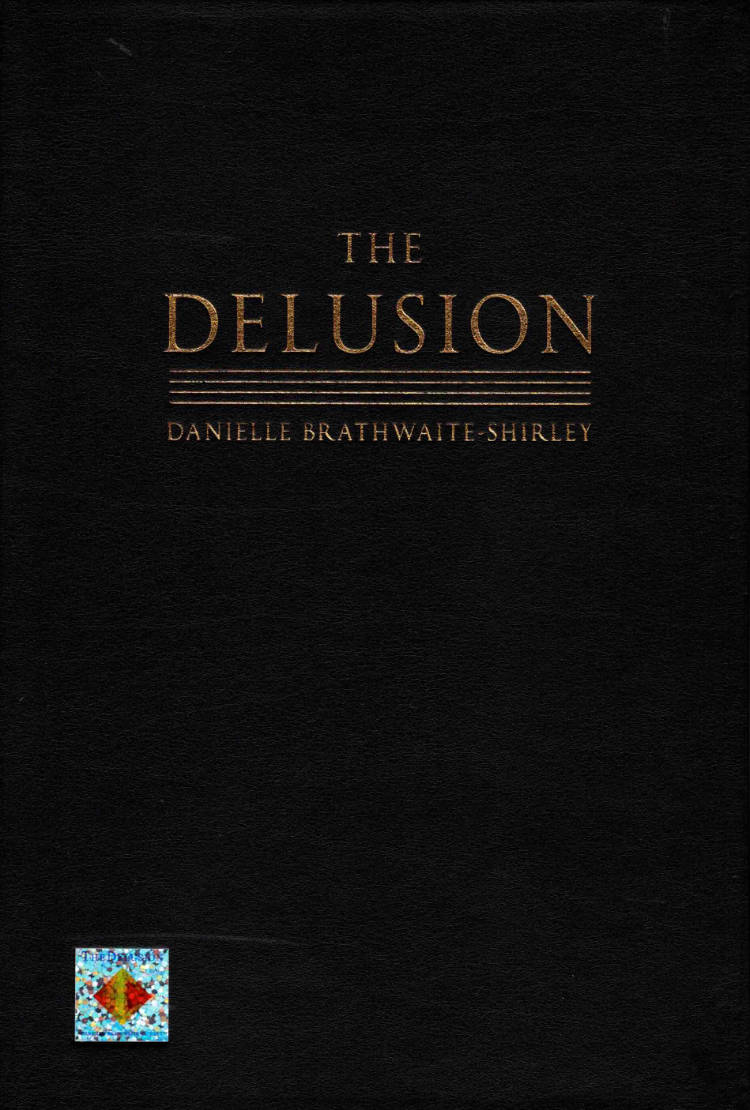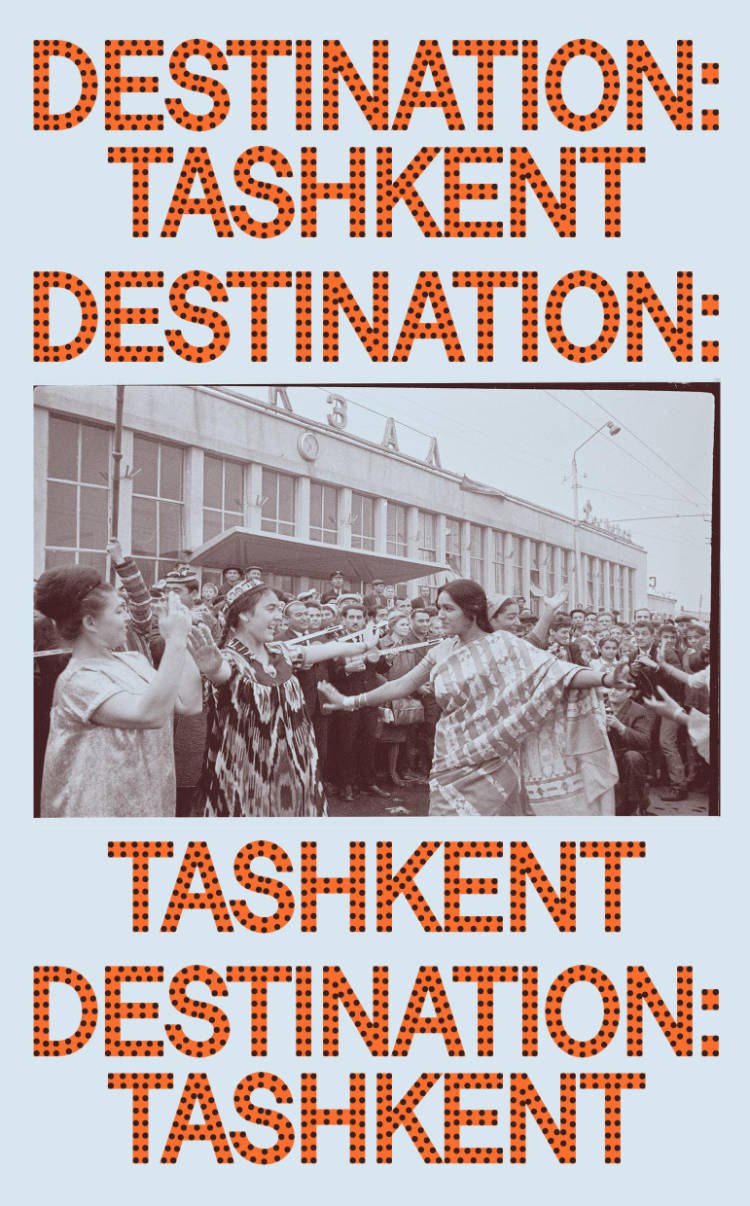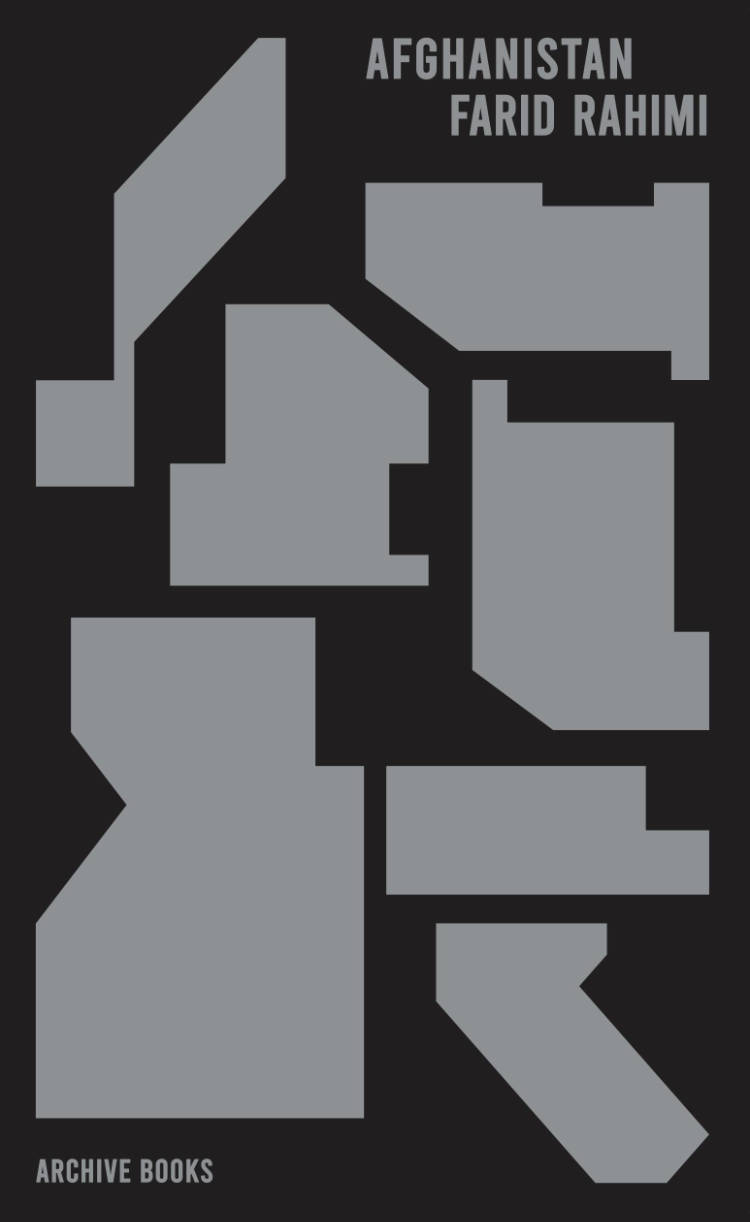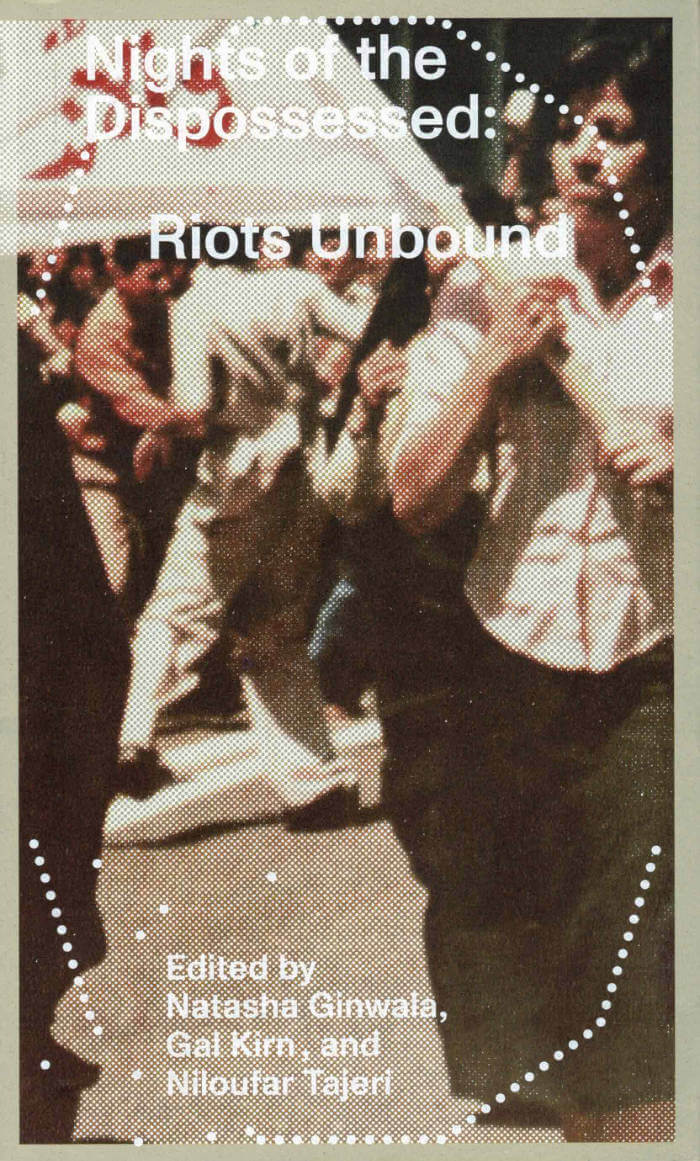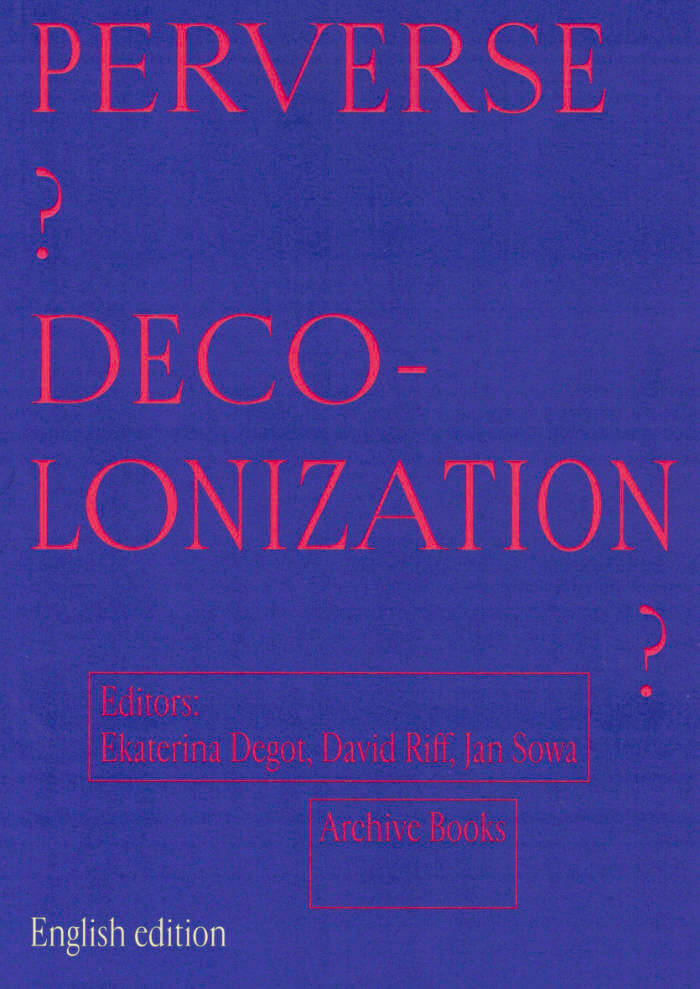
Perverse Decolonization?
Jan Sowa ed., David Riff ed., Ekaterina Degot ed.
Conversations and essays that question the twisted and oppressive climate in a world where true decolonization has yet to begin.
New nationalisms, toxic patriotisms and systems of exclusion have been on the rise for the last decade, reinforced by technology and rooted in colonialism, slavery and class oppression. Our time offers a unique twist on these age-old structures: rhetorics of decolonization are now weaponized by autocratic regimes, just as they are normalized in the phantasmagoria of cultural practices. It is this paradoxical and entangled situation that we, perhaps somewhat emotionally, started to refer to as "perverse decolonization." This book is the result of a (self-)critical project of discussions, workshops, exhibitions and meetings in Cologne, Poland, Israel, Hong Kong and Chicago. Its conversations and essays question the twisted and oppressive climate in a world where true decolonization has yet to begin.
Contributions by Avital Barak, Saddie Choua, Cosmin Costinaş, Ekaterina Degot, Natasha Ginwala, Andrzej Leder, Georgy Mamedov, Walter Benn Michaels, Joanna Rajkowska, David Riff, Aneta Rostkowska, Joshua Simon, Jan Sowa, Hito Steyerl, Mark Terkessidis, Mi You.
Published in February 2022
English edition
15 x 21 cm (softcover)
164 pages
Language: English


